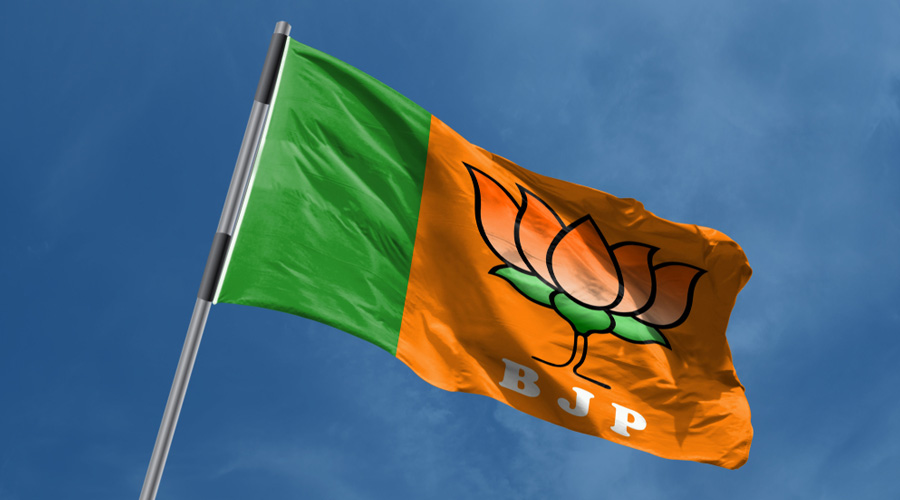A voice that had pierced the iron curtain installed by the Narendra Modi government and told the nation the story of crony capitalism — of how an industrialist had jumped from 609th position to second spot on the global rich list, earning lakhs of crores in a couple of years — was silenced in India’s Parliament on Friday.
This voice had defined the Modi government as a “Hum Do, Hamare Do” Sarkar in which two individuals, Modi and home minister Amit Shah, were operating the system to benefit two industrialists, Gautam Adani and Mukesh Ambani.
This same voice had roared against Modi’s attack on the progressive Land Acquisition Act at the very outset, in 2014, and had spoken out on the demonetisation, the flawed GST, the Rafale deal, Covid mismanagement and the Chinese encroachment on Indian territory. The voice of the uncompromising, irrepressible and incisive Rahul Gandhi is now unlikely to be heard in Parliament for some time as he was disqualified on Friday by the Lok Sabha secretariat after being convicted in a defamation case by a Surat court and handed a two-year jail term.
Section 8(3) of the Representation of the People Act, 1951, says a member sentenced to two years or more in jail will attract disqualification. While there is a view that the member gets automatically disqualified once the sentence is announced, another legal interpretation is that the President has to seek a report from the Election Commission before ordering disqualification. The Lok Sabha secretariat moved in indecent haste and ensured that Rahul was thrown out of the House before a higher court had the chance to stay the conviction.
Rahul, who walked an incredible 4,000km from Kanyakumari to Kashmir during the Bharat Jodo Yatra that affirmed his credentials as a pan-India mass leader, demonstrated exceptional grace and calm in adversity, in a repeat of his response to the Enforcement Directorate grilling him for 51 hours over several days when his mother Sonia Gandhi was in hospital. “I am fighting for India’s voice. I am ready to pay every price,” he tweeted on Friday.
Rahul’s absence will mean a dramatic change in Parliament. The government will now not be in perpetual fear of a member rising to unravel what they are so assiduously trying to hide. Rahul did not only launch fierce attacks on the Rafale deal and Adani, he was the most powerful voice against the Chinese intrusion and the note-bandi. He is the one who got up to demand an obituary reference to the 700 farmers who had died during the long protest against the three farm laws.
He spoke bluntly and when the Speaker expunged his remarks, it triggered a national controversy.
Congress spokesperson and veteran lawyer Abhishek Singhvi argued that the disqualification should be reversed after a higher court overturned the conviction. But it is unlikely to happen because the legal position is not clear on that point. If the Election Commission announces a by-election in Wayanad before Rahul exhausts his legal options, the only way for him is to move court again to get a stay on the by-election.
While the legal process will go on, the real battle is political and the bitterness caused by this incident is bound to set the narrative for the 2024 election. The Congress has started working out a detailed protest programme against the politics of “vendetta, intimidation and harassment”.
Feb. 7 and 16
But there are serious questions about the legal process as well. The defamation case was filed on April 16, 2019, by BJP MLA Purnesh Modi in a Surat court. Rahul Gandhi went to the court to have his statement recorded in 2021. In March 2022, the complainant filed another application to summon Rahul again. When this was rejected by the magistrate, A.N. Dave, the petitioner went to the high court to seek a stay on the proceedings. The stay was granted on March 7, 2022.
The petitioner went back to the high court on February 16, 2023, demanding vacation of the stay saying “sufficient evidence” had been gathered. The hearing resumed on February 27 in front of a new magistrate, H.H. Varma, and the verdict was delivered on March 23. Congress leaders flagged the date – February 16, 2023 – when the petitioner went back to the high court to get the stay on trial vacated claiming new evidence.
Party communications chief Jairam Ramesh tweeted: “Nine days after Rahul Gandhi’s Adani speech in Lok Sabha on February 7, the defamation case against him gets fast-tracked by the complainant withdrawing his own stay in the high court on February 16. On February 27, arguments resume after one year. On March 17, judgment is reserved. This is no coincidence.” Singhvi said no new evidence had been brought on record, and added: “We were not born yesterday.”
He underlined that the two-year term — the maximum possible punishment in a defamation case and the minimum required to disqualify an MP — being handed out was extraordinary. All of these will form the basis of the appeal in the higher courts, a battle that could begin on Monday.











